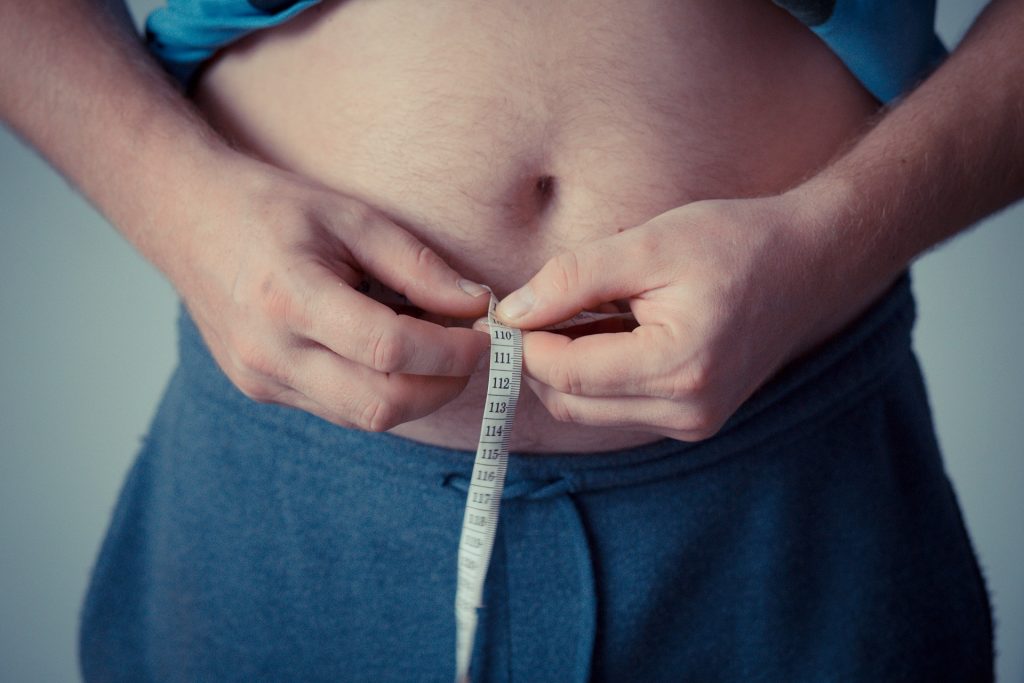Bowel cancer screening: Your next poo could save your life
The NHS launched a new campaign encouraging people who are sent a bowel cancer screening kit to use and return it.
The key message is that the test can find signs of cancer before you know anything is wrong. Early detection is vital to successful treatment.
Here’s what you need to know
You can read through this article or jump to sections using the buttons below.
About Bowel Cancer
It’s the fourth most common type of cancer in the UK, with over 42,800 new diagnoses yearly, leading to over 16,800 deaths. Six in 10 of these deaths are people aged 75 and older.
One in 15 men will get bowel cancer in their lifetime, as will one in 18 women.
The symptoms can be subtle and do not always make you feel ill. Typically, they can include blood in your poo, long-term changes in your bowel habits (going more often, looser/runnier poos) and abdominal pain or bloating.
The good news is that more than half of all cases – fifty-four per cent – are preventable, and the screening programme and reducing risk factors play a big part in that.
Risk Factors
Age is a significant factor, and, as you will read below, the screening programme is aimed at people over 50.
Other uncontrollable risk factors include a family history of bowel cancer, having had non-cancerous growths (polyps) in your bowel, Crohn’s disease, ulcerative colitis, or type 2 diabetes.
There are other factors that we can do something about.

Most revolved around lifestyle and diet, with clear thinks between cancer cases and specific causes.
- 28% of cases are caused by not eating enough fibre (whole grains, beans, nuts, fresh fruit, and vegetables)
- 13% are caused by eating too much processed meat (sausages, bacon, corned beef, ham)
- 11% by being overweight or obese.
- 7% by smoking
- 6% by alcohol
- 5% by too little physical activity
So, some lifestyle and diet changes can help to reduce your chances of developing bowel cancer.
Remember: Screening is aimed at healthy people to see if they may become unwell. If you have any symptoms, you should arrange to see a GP.
Screening
The testing kit can detect signs of cancer before you notice anything wrong.
Because of the strong link with age, the NHS send everyone between 60 and 74 a testing kit every two years.
The NHS is lowering the age limit to include everyone in their 50s. This change is being done gradually over four years, starting in April 2021.
Test kits are sent automatically, so your medical records must have up-to-date addresses. You do the test yourself in your bathroom.
People over 75 can request a bowel screening kit every two years by calling the designated helpline on 0800 707 60 60.
The Test
The kit contains a sample bottle and a sampling stick. You use it to collect a very small sample of your poo. You put the bottle back in the pack and post it off to be tested for any signs of blood. Blood in your poo is an indicator of bowel cancer.
The test is accurate and can spot tiny amounts of blood you may not otherwise notice.
One in every three testing kits sent out is never returned, which is why the NHS has launched this campaign.
When your kit arrives, read the instructions. Put it by the loo, so it is ready to go when you are.
- When you need to poo, write the date on your sample bottle.
- Have something ready to catch your poo. A plastic tub lined with toilet paper and put in the loo will work.
- Make sure no toilet water or urine gets into the box.
- Open the sample bottle to get the sampling stick out.
- Swipe the stick over your poo until the groves are filled. You do not need to collect lots.
- Put the stick back in the bottle and seal it closed. You can then flush and wash your hands.
- You can post the sample using the pre-paid envelope. No stamp is needed.
Your Results
Most people get a letter within two weeks with their results. If you don’t get a response, you can call the NHS bowel cancer screening helpline on 0800 707 60 60.
There are two types of results:
No further tests needed
This means no blood has been found, and you don’t need to do anything else. 98% of people get this result. You will be a kit again in 2 years unless you are over 75 by then.
This result doesn’t guarantee that you don’t have or won’t get bowel cancer. So, if you notice symptoms such as blood in the bowl when you go to the toilet, contact your GP – even if you’ve recently taken a test.
Further tests needed
This result does not necessarily mean you have bowel cancer. It means blood has been found in your sample. Further tests can determine if that has been caused by something else (piles, inflammatory bowel disease or an ulcer) or if it is cancer.
The next step is for your Doctor to refer you for a colonoscopy, where a thin tube looks inside your bowel for cancer.
These are ‘two-week wait’ referrals, meaning you will be seen within a fortnight, usually at the RVI or Freemen hospitals.
You will get advice and support about possible treatments if cancer is found. A specialist team of surgeons, doctors and nurses will be responsible for your care.
The most common is surgery to remove the tumour, with around two-thirds of people diagnosed with bowel cancer choosing this option.
Radiotherapy and chemotherapy are also possibilities, but it may depend on where in your bowel the cancer is and how far it has spread. You can learn more about the different types of treatment and support by visiting the NHS website.
